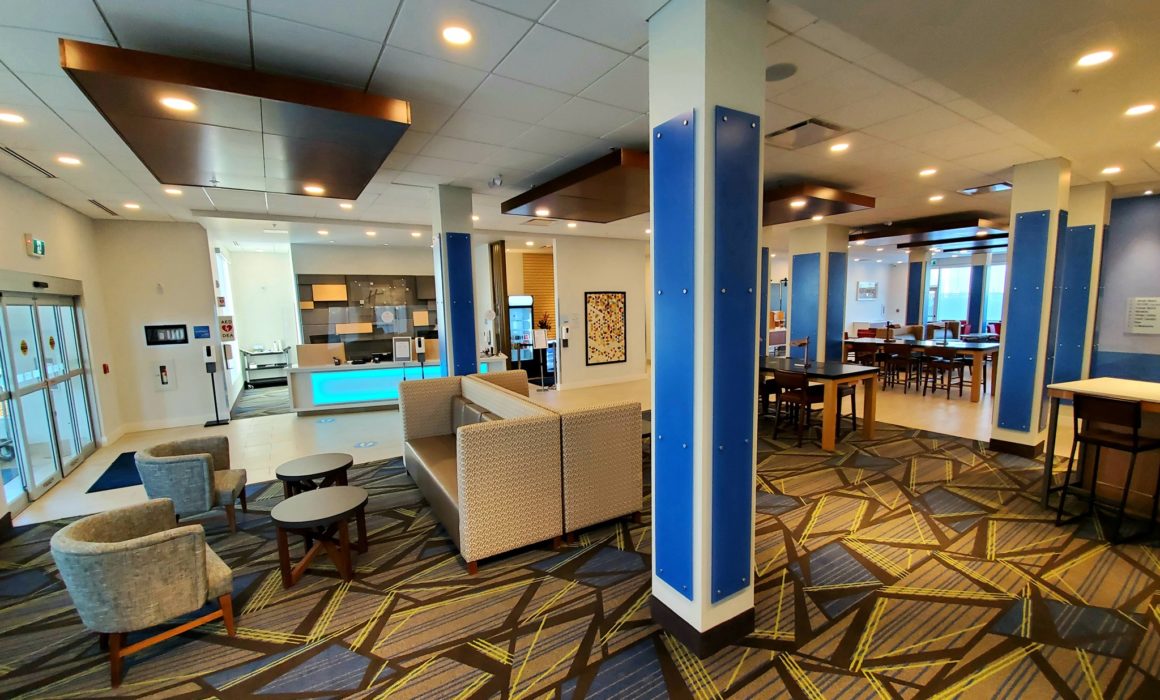Hospitality Project Management Guidelines By BILT
During 2019, the hospitality industry in Canada remained steady, with few ups and downs affecting the overall figures. Hotels were built on a large scale, and a significant rise in the land, building and site improvement costs and expenditure were seen in the past couple of years. Until 2018, there was a continuous demand for hospitality project management with the charting of percentages in occupancy and RevPAR (revenue per available room) in the country.
Hospitality Construction Projects
The hospitality industry covers – food, travel, tourism, recreation and lodging. All the segments are interlinked in accordance with various industry parameters. This is why the sector is fairly big and organized. Among these segments, hospitality construction is a specialized field, wherein project planning, design execution, budgeting and monitoring are integral to project delivery.
The types of construction in the hospitality industry are primarily categorized as below:
- New construction
- Full reformation
- Partial reformation
In the hospitality industry, when a project goes on the floor, it must fulfill the defined criteria before reaching its construction on a full-swing phase. Management of hospitality projects can be complex and demanding. Starting from the PIP or Property Improvement Plan to monitoring the implementation of safety measures during the construction, hospitality project management can be exceedingly challenging at times.
Project Management Guidelines for the Hospitality Industry
Every hospitality construction project is subdivided into the below phases:
Phase 1: Design Concept
Phase 2: Design Development
Phase 3: Contract Documentation
Phase 4: Construction Period
Phase 5: Completion
In hospitality project management, the success of the project is measured by client response, project output and quality, budget performance, team satisfaction and schedule performance. Beyond this, some important guidelines should be followed by the project managers for efficient delivery:
- Once the project is undertaken, the project manager should ensure that measures to identify design development are clearly defined. The task for monitoring the project progress can then be carried out.
- If there are any design constraints that must be brought to the notice, then the project manager should inform the authorities. After taking the necessary approvals, alternative design concepts should be developed and shared.
- In all contractual agreements, the scope of health and safety guidelines should be clearly defined. Health management should be an integral part of every hospitality project in Edmonton. There should be proper hazard management, and pre-planning must be in place before execution of the project begins.
- At each step, it is vital to track if the construction is fulfilling all the documentation and is developed as per city guidelines and permits for hospitality project construction. The site supervisor should ensure that all criteria are followed.
- Analyzing the risk factors and hazards are beneficial before the work begins. The project manager should involve the reports pertaining to construction risks and hazards and notify the team.
- Budgeting takes centre stage when the project execution is underway. The project management should keep a close watch on the expenditure and update the concerned authorities about any kind of budget overhead in hospitality management. The same information should be shared with the site supervisor and the team.
- Managing the schedule for completion is equally crucial for successful completion. The more closely the schedule is followed, the more it will have a direct impact on execution and budgeting and will eventually impact the delivery timelines of the project.
- In the final phase, a review should be conducted involving the site supervisor, project manager and also the client. Once the review and inspection are complete, possession of the site should be offered.


